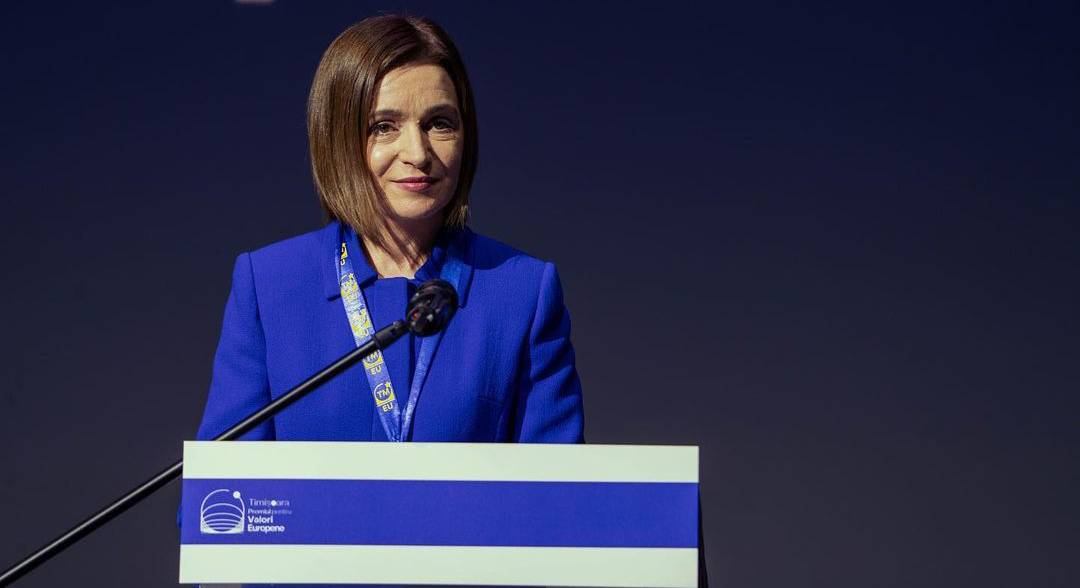Background
Transdniestria is a region in Moldova that split from the country before the collapse of Soviet rule in 1991.
A brief war occurred between Transdniestria and Moldova during the country’s independence.
Recent Development
The chief negotiator for Transdniestria, Vitaly Ignatiev, announced that his team won’t attend talks in areas controlled by the Moldovan government due to fears of arrest.
Reasons for Tensions
Tensions have risen, especially due to Moldova imposing customs duties, which Transdniestria claims will harm its businesses.
Concerns about Moldova’s Actions
Ignatiev expressed wariness about recent changes to Moldova’s criminal code, particularly the toughened provisions against separatism.
He highlighted concerns about criminal prosecution for residents of Transdniestria in government-controlled areas.
Requests for Guarantees
Transdniestria had asked for guarantees against repressive measures during talks, but Moldova’s capital, Chisinau, has not provided them.
New Conditions for Talks
Due to the new criminal provisions, Ignatiev stated that talks could only be held in Transdniestria or through video conferences.
Moldova’s Political Landscape
Moldova has a pro-European government, and President Maia Sandu has denounced Russia’s actions, accusing them of plotting against her.
Moldova aims to join the European Union.
Potential EU Membership without Transdniestria
President Sandu suggested that Moldova might join the EU without Transdniestria, drawing a parallel with the divided island of Cyprus.
Negotiation Details
Moldova’s chief negotiator, Deputy Prime Minister Oleg Serebrean, mentioned that authorities were not insisting on alternating the location of talks.
Legal Issues for Ignatiev
Ignatiev, who holds Ukrainian and Russian citizenship, is ordered to appear in a Ukrainian court for charges related to supporting Russia’s 2014 annexation of Crimea and making hostile statements about Ukraine.
